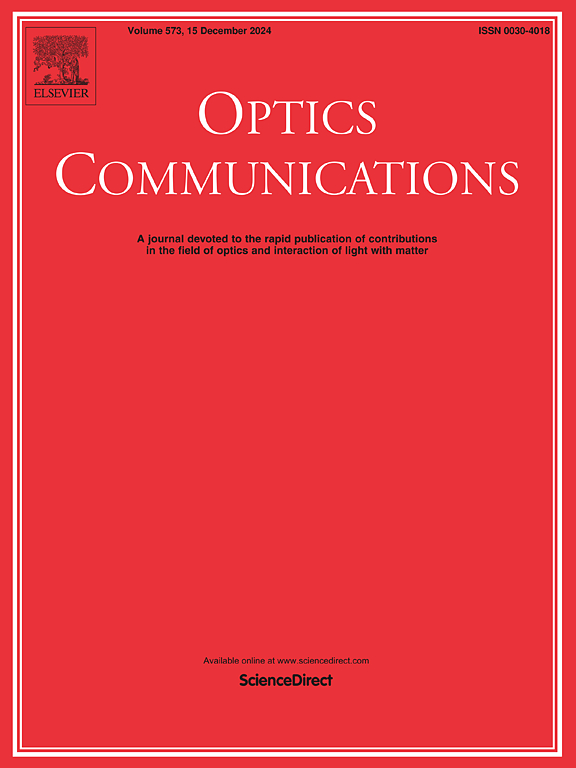Enhanced QKD protocol based on zero-knowledge proof and post-quantum signature
IF 2.5
3区 物理与天体物理
Q2 OPTICS
引用次数: 0
Abstract
Quantum communication uses the principles of quantum mechanics to ensure information security. Quantum key distribution (QKD) transmits quantum states through optical fibers and is the most mature technology. Based on the non-cloning and uncertainty principles, it ensures that keys can be shared securely even in the face of quantum computers. BB84 is widely used due to its complete theory and simple fiber implementation, but it has limitations, such as the fragility of classical channels, which are susceptible to man-in-the-middle attacks and message tampering. To address the above problems, we proposed a new ZKP-Signature BB84 protocol, which uses Schnorr zero-knowledge proof to strengthen identity authentication, uses Dilithium post-quantum signatures to ensure the authenticity and integrity of messages, and improves security through classical channel reinforcement. Simulation results show that ZKP-Signature BB84 can resist a variety of attacks including man-in-the-middle attacks. This study provides new ideas for improving the security of QKD systems and expanding future systems, and helps to derive the further development of quantum communication technology.
基于零知识证明和后量子签名的增强型QKD协议
量子通信利用量子力学原理来保证信息安全。量子密钥分发(QKD)通过光纤传输量子态,是目前最成熟的技术。基于不可克隆和不确定性原理,它确保了即使面对量子计算机也可以安全地共享密钥。BB84因其理论完整、光纤实现简单而被广泛应用,但它也有局限性,如经典信道的脆弱性,容易受到中间人攻击和消息篡改。针对上述问题,我们提出了一种新的ZKP-Signature BB84协议,该协议使用Schnorr零知识证明来加强身份认证,使用Dilithium后量子签名来确保消息的真实性和完整性,并通过经典信道加固来提高安全性。仿真结果表明,ZKP-Signature BB84能够抵御包括中间人攻击在内的多种攻击。该研究为提高量子密钥分配系统的安全性和扩展未来系统提供了新的思路,并有助于推动量子通信技术的进一步发展。
本文章由计算机程序翻译,如有差异,请以英文原文为准。
求助全文
约1分钟内获得全文
求助全文
来源期刊

Optics Communications
物理-光学
CiteScore
5.10
自引率
8.30%
发文量
681
审稿时长
38 days
期刊介绍:
Optics Communications invites original and timely contributions containing new results in various fields of optics and photonics. The journal considers theoretical and experimental research in areas ranging from the fundamental properties of light to technological applications. Topics covered include classical and quantum optics, optical physics and light-matter interactions, lasers, imaging, guided-wave optics and optical information processing. Manuscripts should offer clear evidence of novelty and significance. Papers concentrating on mathematical and computational issues, with limited connection to optics, are not suitable for publication in the Journal. Similarly, small technical advances, or papers concerned only with engineering applications or issues of materials science fall outside the journal scope.
 求助内容:
求助内容: 应助结果提醒方式:
应助结果提醒方式:


